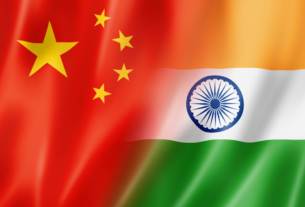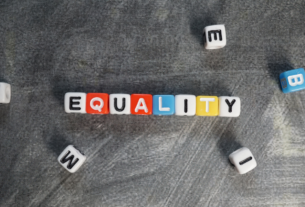Sales of heat pumps in Europe have fallen by 23% in the past year. The decline brings sales back to levels seen before Russia’s invasion of Ukraine. The drop raises concerns about Europe’s clean energy transition.
“Demand has slowed despite government incentives,” an industry report stated. Heat pumps were promoted as an alternative to gas heating. Many consumers are delaying purchases due to high costs.
Germany, France, and Italy saw the largest declines. These countries had previously led Europe in heat pump adoption. Economic uncertainty and changing energy prices have affected consumer decisions.
Heat pump sales had surged after Russia cut gas supplies to Europe. Many households switched to reduce dependence on Russian energy. The trend has now reversed as gas prices stabilize.
Industry experts cite several reasons for the slowdown. High installation costs remain a major barrier. Some governments are also reducing subsidies for clean energy technology.
Energy prices have influenced consumer choices. Gas prices fell in 2023 after Europe secured alternative suppliers. Many households see gas heating as more affordable in the short term.
Manufacturers are adjusting to weaker demand. Some companies have reduced production due to lower sales. Industry groups are calling for stronger policy support to revive growth.
Governments are reassessing their energy transition plans. The European Union had set ambitious targets for heat pump adoption. The latest sales data suggests those targets may be harder to meet.
Some officials argue that stronger incentives are needed. They propose new tax breaks and subsidies to encourage adoption. Others believe market conditions should determine the pace of change.
Consumer behavior is shifting in response to economic pressures. Homeowners are prioritizing short-term savings over long-term energy efficiency. The trend could slow Europe’s push toward reducing carbon emissions.
Heat pump manufacturers are exploring ways to cut costs. Some companies are developing cheaper models to attract more buyers. Others are lobbying for extended government support.
The slowdown has implications for Europe’s climate goals. Heat pumps were expected to replace gas boilers in many homes. A prolonged sales decline could delay emissions reduction efforts.
Regulatory changes could also impact future sales. Some governments are considering stricter energy efficiency requirements. These policies may eventually drive higher adoption rates.
For now, heat pump sales remain below expectations. Industry leaders are warning of setbacks if policies do not change. The European energy transition faces new challenges in the coming years.




